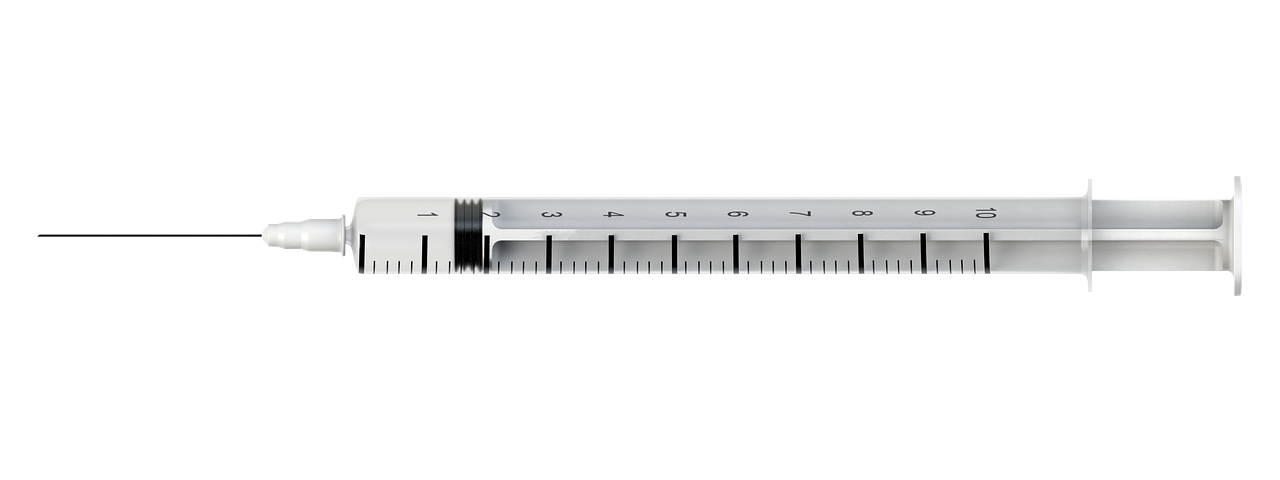Technical advice: Nurses administering vaccinations to companion animals
Updated 5 October 2022

Technical advice is our interpretation of how professional standards apply in a particular situation. It is designed to help veterinarians deal with common issues in practice, using their professional judgement to apply the advice to their own situation. It represents our best efforts at the time of publication but standards and expectations change over time and particular care should be used when reading old advice.
In what circumstances can vet nurses administer vaccinations to companion animals?
Under normal circumstances, veterinary authorisation of Restricted Veterinary Medicines (RVMs) and Prescription Medicines (PMs) involves examining the patient (or having recently seen the patient themselves or by another veterinarian from the same practice ) as part of a Veterinary Consultation.
The principles of the Code underpinning the veterinary consultation are that the veterinarian needs to have sufficient and recent knowledge of the animal(s) to provide diagnosis and treatment plans (see the definition of Veterinary Consultation in the Code). This enables the veterinarian to present realistic options, the course and cost of treatment, and the expectations for outcome to ensure that the client understands the issues and accepts the advice the veterinarian provides.
Particularly in naïve animals, vaccinations usually provide a crucial opportunity for insight into, and influence over, the animal’s general state of health. Even where a veterinarian chooses to only ensure that the animal’s state of health is suitable for vaccination, they naturally (and perhaps subconsciously) take stock of the animal’s overall health and check for common or likely issues. Veterinarians will also take the opportunity to discuss the animal’s health with clients and educate them on good health promotion and protection through preventive healthcare measures.
The vaccines that each animal will receive, and the frequency in which they are administered, will be determined by factors such as the infectious disease risk in the local environment, the lifestyle of the animal, the age and sometimes breed of the animal, and the nature of the vaccine product that is selected. The design of a vaccination programme for an individual animal is a medical decision that is best undertaken by a veterinarian.
The overall result of an annual consultation for vaccination, examination and assessment is a health plan that is focused on the maintenance of optimal health.
So, while the act of administering the vaccine itself is not a complex task that could be delegated to a nurse, doing so for naïve animal vaccinations prevents the veterinarian from undertaking the crucial tasks that go alongside this, which are more complex and rely on the veterinarian’s education and experience.
For first vaccinations, the veterinarian is also unlikely to have seen the animal recently enough to be able to authorise a primary vaccination without a consultation and physical examination.
Veterinary nurses administering vaccines
Practices such as veterinary nurses administering subsequent doses of the initial series of vaccinations following a primary veterinary consultation as part of an initial vaccination course for adolescent companion animals are typically conducted as an extension of the recent in-person consultation by the veterinarian.
The vaccine (an RVM) is authorised by the veterinarian for the adolescent companion animal under their care, to be administered by a veterinary nurse under the veterinarian’s direction, having been seen recently enough that the veterinarian may consider that they do not need to physically examine the animal at the time.
Veterinarians’ responsibilities
When delegating this responsibility the Code expects that veterinarians must consider:
- the risks associated with authorisation of an RVM
- the choice of the appropriate product
- the appropriate level of advice and training required to competently carry out the instructions
- the appropriate level of veterinary involvement and supervision required
- the correct handling and storage of the product, and
- the provision of emergency care.
Veterinarians should refer to the Code and the supporting guidance. Our Technical Advice: Authorising restricted veterinary medicines for dispensing and use by non-veterinarian staff outlines the veterinarians’ responsibilities.
Decision to authorise
With this in mind, we consider that a veterinary nurse may be authorised to administer subsequent doses of the initial series of vaccinations following a primary veterinary vaccination consultation if:
- the authorising veterinarian is satisfied that the veterinary nurse is suitably trained and competent to assess the patient and administer the vaccination
- the veterinary nurse is authorised by the veterinarian to assess patients and administer vaccinations
- the animal was seen recently by the veterinarian (e.g. for an initial vaccination in a primary course), and
- the veterinary nurse adequately assesses the animal, gathers the appropriate information, documents the assessment and treatment given and addresses the points above.
Exclusion of annual vaccinations
It would not normally be appropriate for a veterinary nurse to administer an annual vaccination to a companion animal because the veterinarian would not have typically met the requirements for authorising an RVM (i.e. not having conducted a veterinary consultation).
Exclusion of the use of Veterinary Operating Instructions
For circumstances such as the authorisation of vaccines where veterinary judgement is required we consider that the issuance of a Veterinary Operating Instruction (VOI) for vaccinating would not be the appropriate mechanism because vaccinations are part of a wider consideration of the animal’s health needs and veterinary discretion, oversight and guidance should be applied in relation to the particular circumstances.